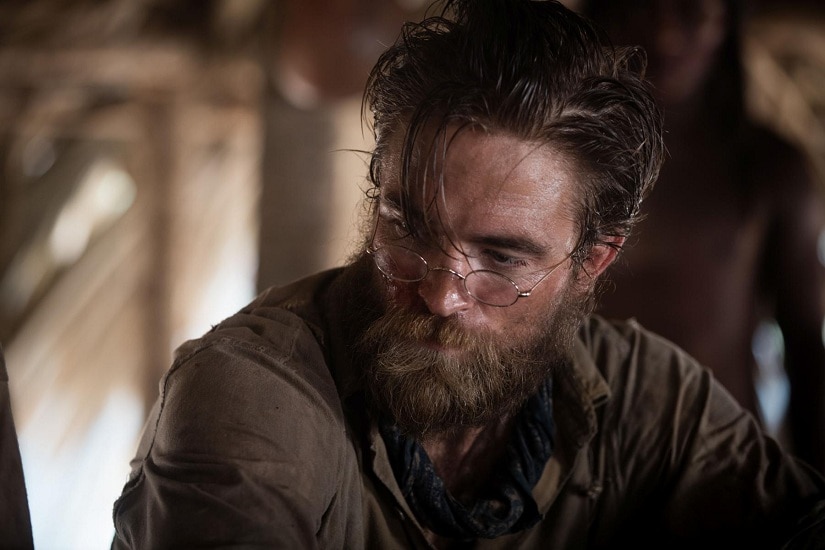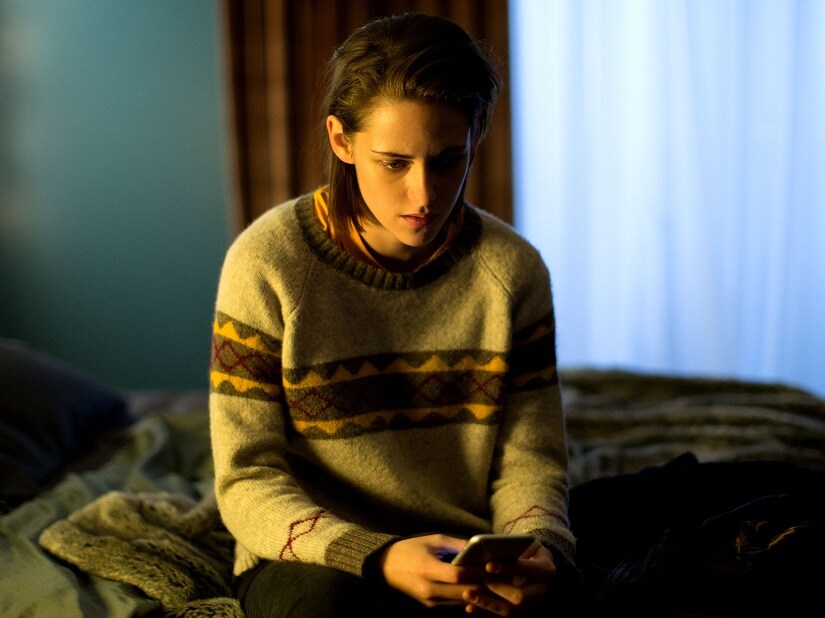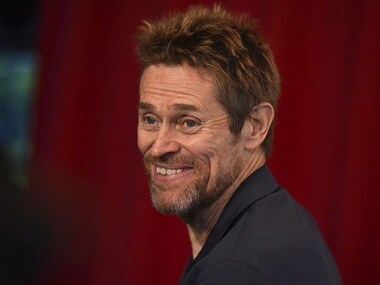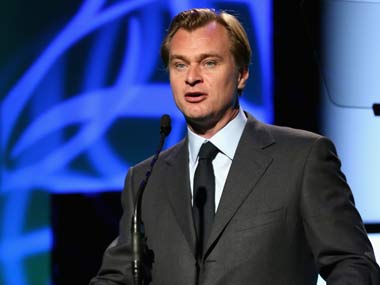Robert Pattinson, Kristen Stewart's post-Twilight work is Oscar-worthy; why then have they been snubbed?
Italo Calvino once wrote that a classic is a book everyone claims to re-read. In a similar vein, an incredibly popular movie is one that tends to be dismissed as trifling. More often than not, the lead stars in such films end up getting typecast forever. The fate is one that could have befallen the lead pair of the Twilight films — Robert Pattinson and Kristen Stewart. However, both have reinvented themselves into actors doing some of the most exciting work in English language film today.
When the Oscar nominations for the Best Actor and Best Supporting Actor were announced, the omission of Robert Pattinson’s name, had a whiff of the Twilight effect. His electrifying turn as Connie in The Safdie Brothers’ Good Time and as Henry Costin in James Gray’s The Lost City of Z ended up being ignored by the leading film awards in the world. His Connie certainly doesn’t possess the bluster and weight of Gary Oldman’s Winston Churchill act (The Darkest Hour) or the massive anticipation that a Daniel Day Lewis film (Phantom Thread) generates.

Robert Pattinson’s performance (in The Lost City of Z) was the wild, beating heart of a film that should have garnered a lot more attention than it did
Pattinson’s performance (in Z) was the wild, beating heart of a film that should have garnered a lot more attention than it did. The vulnerability and heart that Pattinson brought to this performance, one may argue, perhaps overshadowed the remarkably acute craft that underscored it. Only that, and his celebrity stemming from a popular franchise, can explain the glaring Oscars snub. For Pattinson is simply magnetic. And before you dismiss the performance as a flash in the pan, cast a glance at his previous films that reveal a talent quietly honing his craft with every passing effort.
Ever since the release of Cosmopolis in 2012, where he slipped buoyantly into the role of a cold, calculating billionaire driving around the big city in his car, Pattinson has progressed from one challenging role to another. Cronenberg’s expert directorial hand channelled the actor’s celebrity and charisma towards constructing a biting satire of capitalism. He then teamed up with the talented Australian filmmaker, David Michod, for a unique post-apocalyptic film, The Rover. Pattinson’s portrayal of a mentally ill young man was remarkably fragile and assured. Significantly, it witnessed his plunge into an unchartered realm where his celebrity is literally torn away in a spare, bleak film. The discerning viewer could ascertain a pattern in his choice of films: A celebrated director. A unique story. A role far removed from the comfort of big budget kinetics.
Another collaboration with Cronenberg — Maps to the Stars — followed. This time, the director turned his sharp satirical gaze to Hollywood. Pattinson went from being driven inside a limousine in Cosmopolis to driving around the rich and the famous for this one. One could almost witness the actor peeling away the layers of fame with every passing movie. The Childhood of a Leader, his next, cast him as a rising fascist leader. The film’s deliberate (if slightly overwrought) strangeness was tempered and corrected by Pattinson’s mature performance. Finally, in The Lost City of Z, released theatrically in 2017, he played second fiddle to Charlie Hunnam as they travelled deep into the Amazonian jungle. As the aide de camp to Hunnam’s character, Pattinson played the perfect foil, mitigating the former’s excesses and ambition with humanity, humility and sage pragmatism. Gray’s film was epic in scale, laved in rich atmospherics. Pattinson and Hunnam — the former more than the latter — faced the enormous task of drawing the audience towards the characters in a film whose scale could easily overwhelm interpersonal dynamics. The results were luminous. Alongside Good Time’s Connie, Costin offered the apt companion piece; surely two of the most interesting performances of the year.
*
Kristen Stewart went off the road by starring in Walter Salles’ ultimately tepid adaptation of Jack Kerouac’s chronicle of America, On The Road. The film released between the second and third Twilight installments. Once the series was through, Stewart came into her own with a fascinatingly layered performance as a famous actress’s assistant in Clouds of Sils Maria. The magisterial Juliette Binoche played the leading role. One could have forgiven Stewart for being overwhelmed by Binoche’s humungous talent. But she shone as Valentine, a character who slowly caves in to the emotional burden she experiences while out on a trip with Binoche’s character. The role garnered her widespread critical acclaim. And in keeping with Pattinson’s strategy, playing second fiddle to someone, she began carving herself a new identity as an actress.

Personal Shopper won Oliver Assayas a Best Director nod at Cannes, but Kristen Stewart had to make do with critical acclaim
American Ultra, which can loosely be called a conspiracy stoner comedy, cast her as one among a couple on the run. The film failed at the box office but has slowly begun to be appreciated for its offbeat snipes at authority. Stewart followed it up with strong turns in films by two auteurs: Certain Women by the peerless Kelly Reichardt, where she was in the company of acting royalty like Laura Dern and Michelle Williams, and Cafe Society, a Woody Allen film. Despite the crowded casts of these films, Stewart held her own. The second fiddle strategy was at work in her second collaboration with Assayas’ Personal Shopper, where she played a celebrity’s personal shopper. Stewart played the film’s protagonist, a woman haunted by the death of her brother, who she suspects is trying to communicate with her from the other side. A potent psychological thriller, it allowed her to delve deep into her acting reserves and put herself at the mercy of forces that might or might not be of her own invention. The layered nature of her character is realised astonishingly due to bold decisions she makes as an actress. It cried out for a nomination at the major awards. Assayas bagged Best Director at Cannes, Stewart had to content herself with critical acclaim.
In spite of having been ignored at the major award ceremonies, Pattinson and Stewart are racking up an enviable filmography. Age is on their side. The more they collaborate with indie filmmakers and celebrated auteurs, the more respect they’ll accumulate. Perhaps no other actors pose as much of a challenge as the gargantuan shadow of their past popularity. Award or no award, with the kind of roles they are plunging in and out of, it is clear that these young actors are enjoying their cinematic odyssey. And if social media and tabloids are any evidence, they are also having a merry, good time.
Published Date: Feb 24, 2018 20:03 PM | Updated Date: Feb 24, 2018 20:03 PM



